Bias by Us – How Cognitive Psychology can Make you Better Data Scientists
Data scientists are trained to be the experts in scrutinizing all aspects of data, sources, and results but it is still rare to see data scientists putting that same level of scrutiny on themselves as data scientists and the choices/decisions made (worst case scenario: believing that anything that comes from machine learning is “objective” or “unbiased”). In terms of of trying to be helpful towards this issue, I wanted to introduce to this audience of future data scientists a book that I wish I came across when I was your age: Richards Heuer’s “Psychology of Intelligence Analysis” that has been helping U.S. Intelligence Analysts for almost 50 years to identify and try to mitigate biases within themselves. I hope this introduction into the subject will help get you started a few steps ahead of your contemporaries when you finally step into the job market.
Speaker Bio
 Sean Guillory attained his Ph.D. in Cognitive Neuroscience from Dartmouth College where he primarily worked with neurosurgery patients to help improve the mapping for brain functions that were personally important to their lives. After coming across Richards Heuer’s The Psychology of Intelligence Analysis, he made it his career mission to find ways to utilize psychology and neuroscience insights to help with Defense and National Security capabilities. At Booz Allen Hamilton, he works with the firm’s various cognitive domain efforts utilizing automation, biometrics, and social science methodology to help solve our customers’ concerns.
Sean Guillory attained his Ph.D. in Cognitive Neuroscience from Dartmouth College where he primarily worked with neurosurgery patients to help improve the mapping for brain functions that were personally important to their lives. After coming across Richards Heuer’s The Psychology of Intelligence Analysis, he made it his career mission to find ways to utilize psychology and neuroscience insights to help with Defense and National Security capabilities. At Booz Allen Hamilton, he works with the firm’s various cognitive domain efforts utilizing automation, biometrics, and social science methodology to help solve our customers’ concerns.
